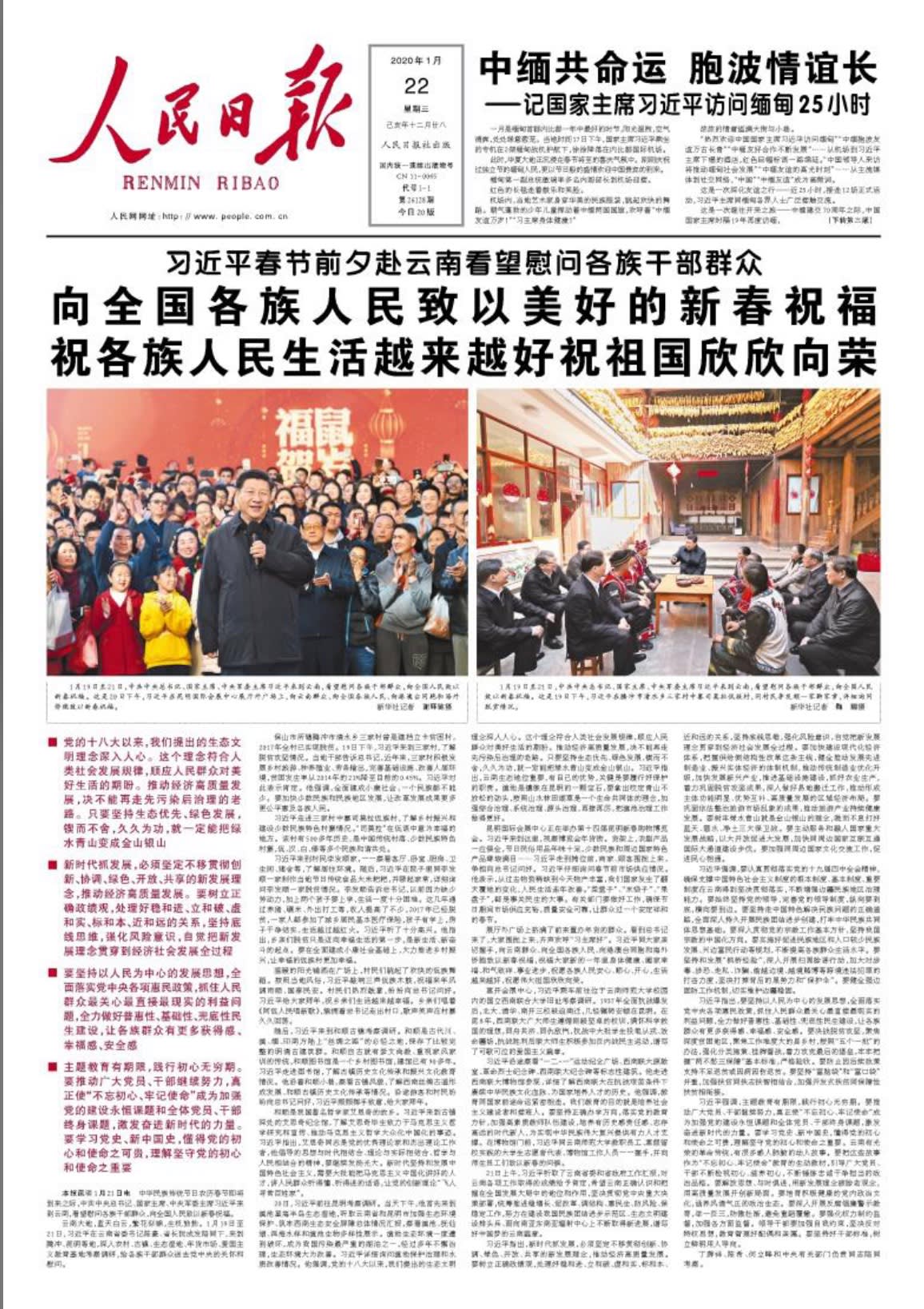For years, some evangelical leaders have been touting Trump as the wolf-king, anointed by God to enact the Christian right agenda. Symbols are important in this swamp-fevered world, and Trump’s immorality is actually a positive sign of his worthiness. Go figure.
Four years ago, Peter Montgomery noted 25 Religious Right Justifications for Supporting Donald Trump. Christian right leaders spoke endlessly of Trump as a chosen vessel for God’s will, saying things like “God has picked him up” and that Trump is “literally splitting the kingdom of darkness right open” and that “the Lord has put His favor upon him.”
Now I wonder if the coronavirus is a symbol from God as well, a sign of displeasure. Is God finished with Trump? Is Trump past his heavenly use-by date?
I ask because there is a long tradition of natural disasters as portents in every culture. They can be God’s recognition that a ruler is no longer serving the people, and it is time for a change.
American evangelicals tend to see the portents as warnings to society, rather than as warnings to leaders. Pat Robertson told us that the Hurricane Katrina disaster was a sign that God is displeased about American policy on abortion. Hurricane Sandy was understood in a similar way. Jerry Falwell, himself an American natural disaster, pointed the 9-11 finger of judgment at the ACLU, among other miscreants. Per this poll, the coronavirus is a portent as well, but only of a general need for Americans to turn back to God.
For me, personally, I don’t like these portents. Too vague. The end of days is always nigh, and always attributable to gays, abortion, music, or anyone looking to actually implement teachings from the Sermon on the Mount or pay attention to the Golden Rule. I want real, actionable portents.
The ancient Chinese Mandate of Heaven seems to work for me. For more than 3500 years, Chinese have been using alignment of stars and planets and natural disasters of all kinds – floods, tsunami, droughts, even barbarian invasions – as a sign that the ruler may have lost his Mandate of Heaven – the right to rule. The mandate signals heavenly disapproval of a ruler.
Heaven hears as the people hear, sees as the people see (Mencius 18.8 or Wan Zhang 1.5)
That is the Confucian warning to rulers who fail to protect and serve the people. Chinese emperors, even down to current CCP leaders, have acknowledged the threat. Terrible Beijing floods in 2012 caused a flood of existential worry at Zhongnanhai, the top leadership encampment in Beijing. That was the year of transition to Xi Jinping and the rebirth of hard authoritarianism in China. The disastrous floods in 1626 and 1890 were later seen as dynastic warnings of the end of dynasty.
The political fear in any authoritarian government is that “performance legitimacy,” the only rationale for its political existence, will be compromised. This is as true in the US as in China. Mr. Xi has his own ways of avoiding judgment. For us in the US, Sam Crane at Useless Tree blog notes that democracy in normal times provides a cushion for both rulers and the ruled, by permitting some officials to be replaced without jeopardizing the entire political party. A few officials or rulers can be changed without threat to the supreme leader.
But these are not normal times, and we have two viruses – one a medical emergency, the other a social, cultural, and democratic emergency. We are in need of an internal flush, almost a cleaning, as our dear leader promoted the drinking of disinfectant to flush the other virus. Trump alone is not enough. We need to flush his enablers as well.
I have written before about similarities among Trump and Xi, CCP and GOP. The Trump-led GOP is the most despicable and authoritarian regime ever to disgrace American politics. The portent I am banking on is the covid-19 crisis as retribution from heaven for the banality of evil attributed to the the liar-in-chief and his despicable lackeys.
Franklin Graham, the Billy Graham successor, says the virus is due to mankind turning its back on God. One wonders whether he has both the direction of causality and the target wrong. For Trump and GOP, sic semper tyrannis comes to mind. Perhaps God has heard as the people hear, seen as the people see.
China seems stuck with Mr. Xi for the duration. For us, we can only hope that the retribution from heaven is reflected widely in the people’s choices on November 6. Then, we can get to work on making America great again.



Lest We Forget June 4
In the social, economic, and cultural miasma that is the state of the world, we might let tomorrow slip by without notice.
A couple of old comments –
What Chinese cannot not talk about …
How to End June 4, et al.